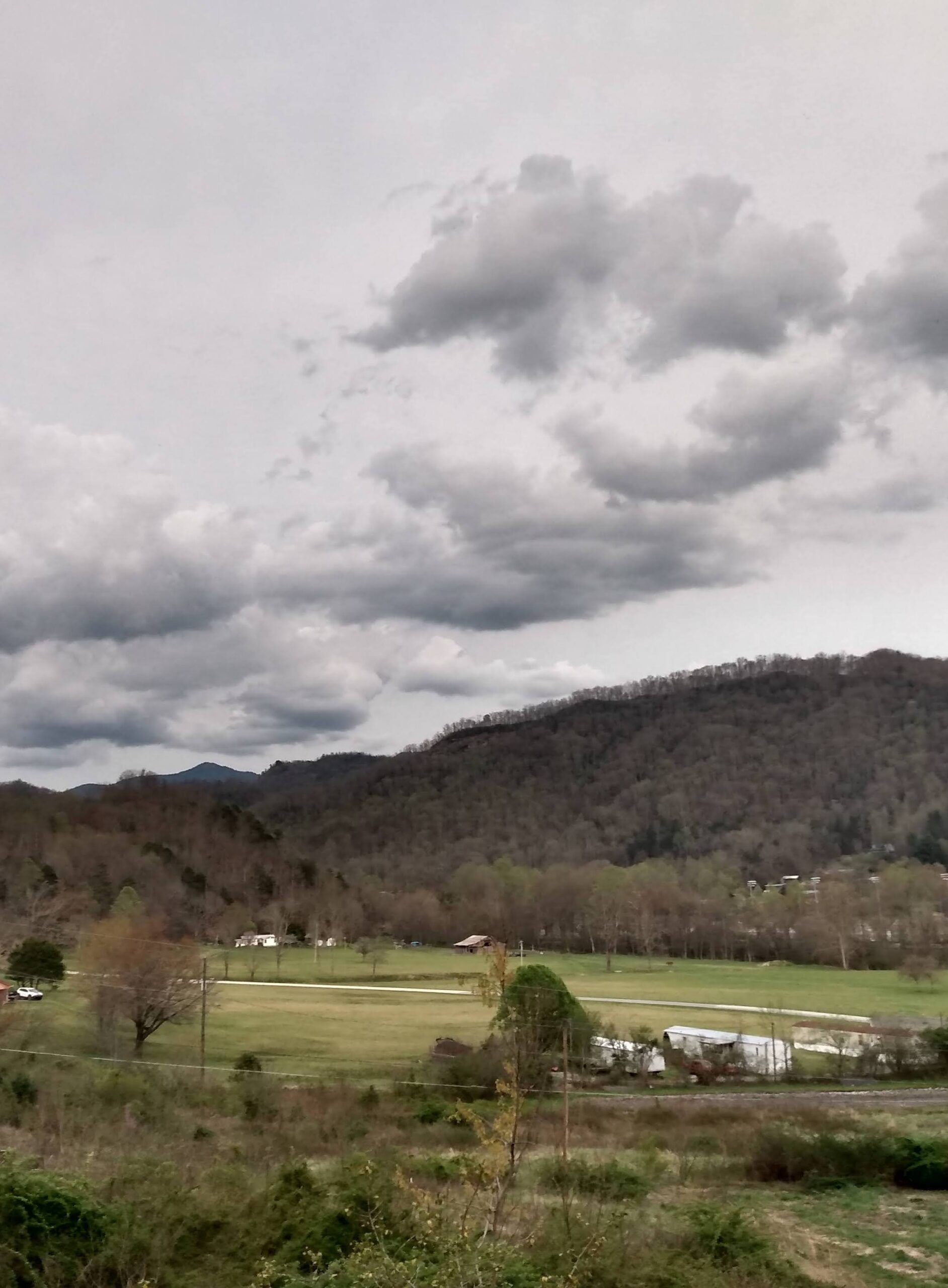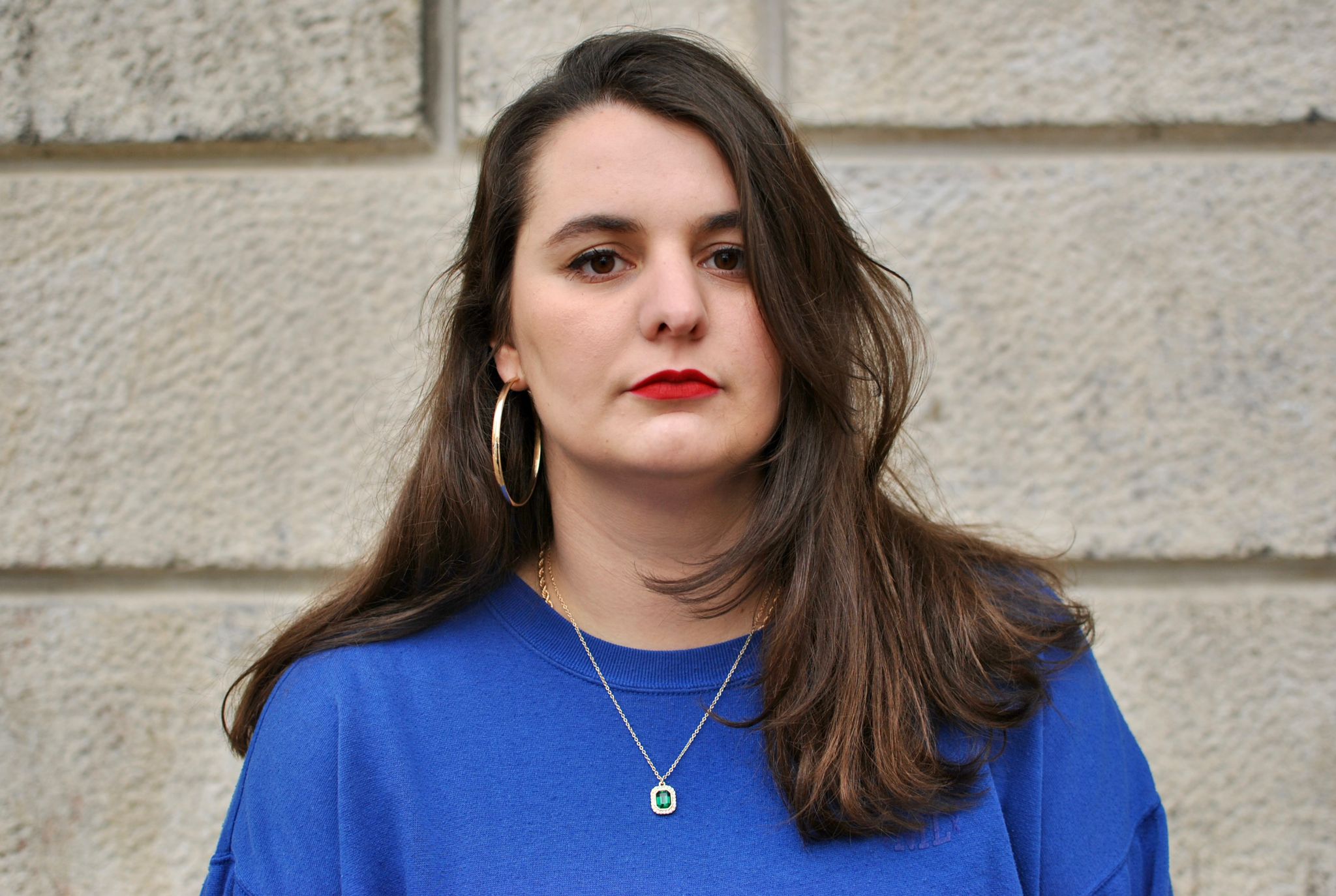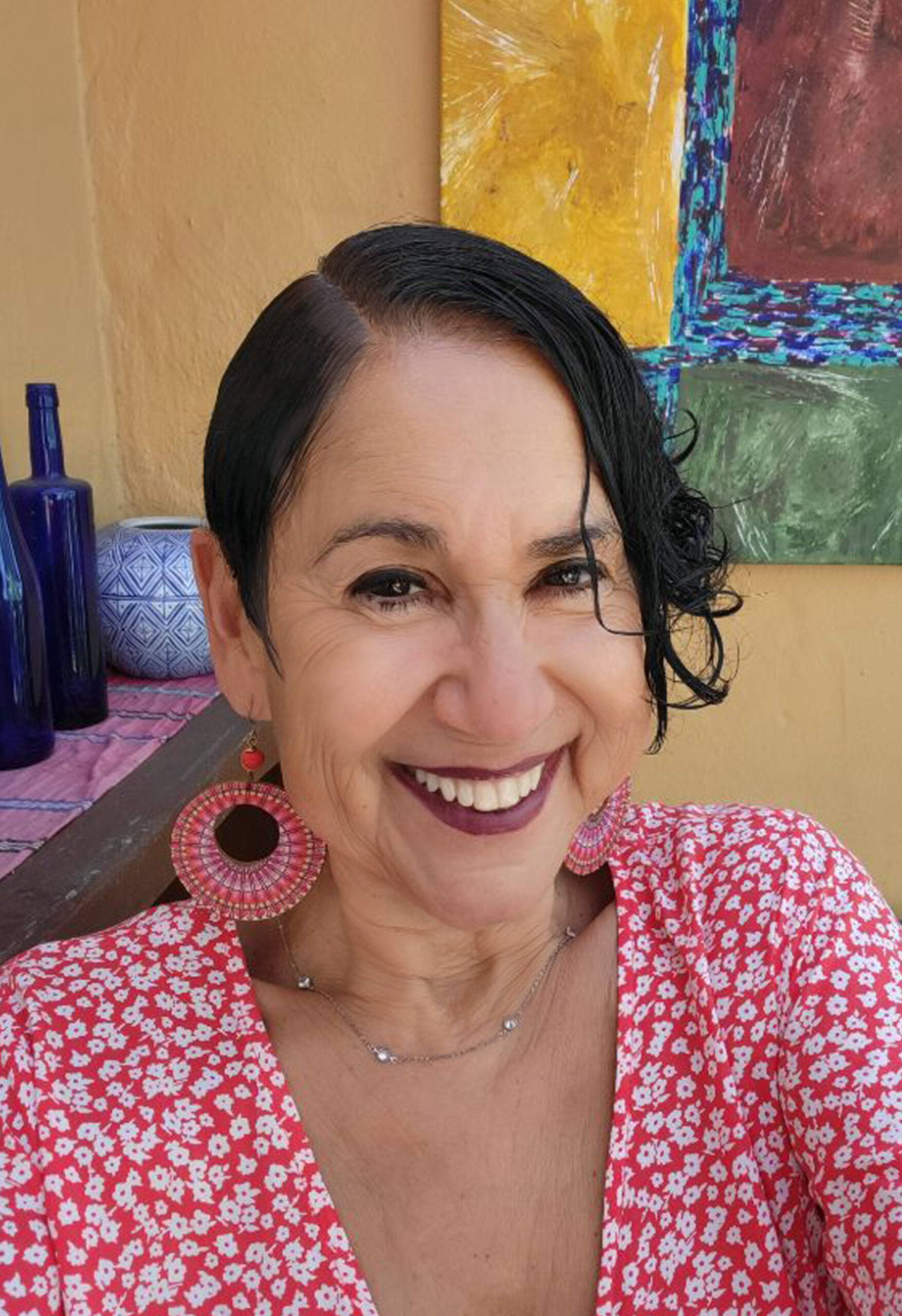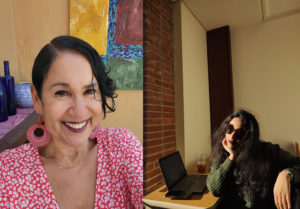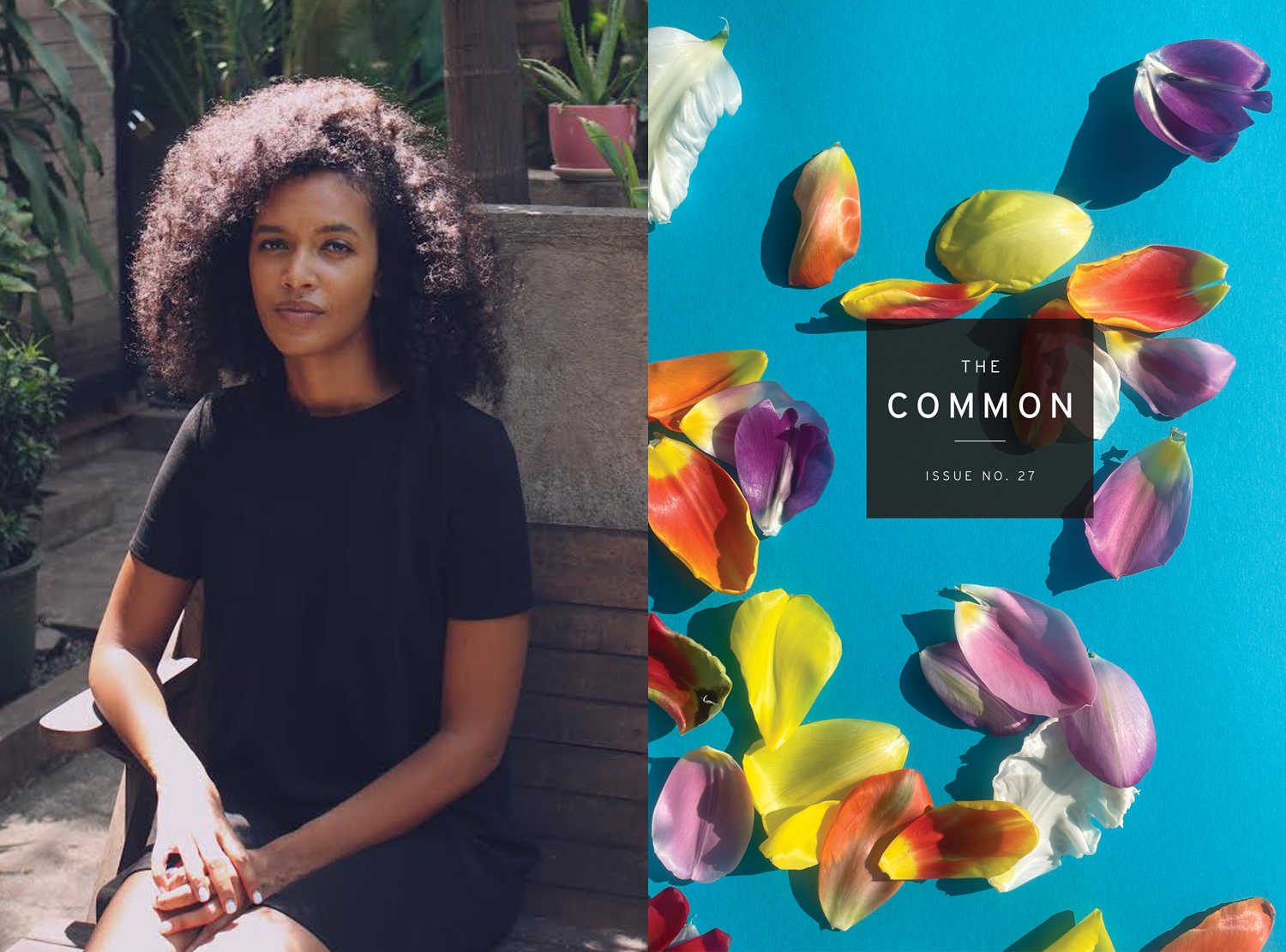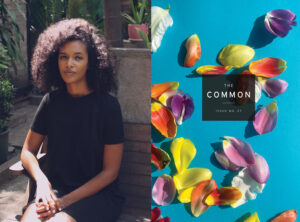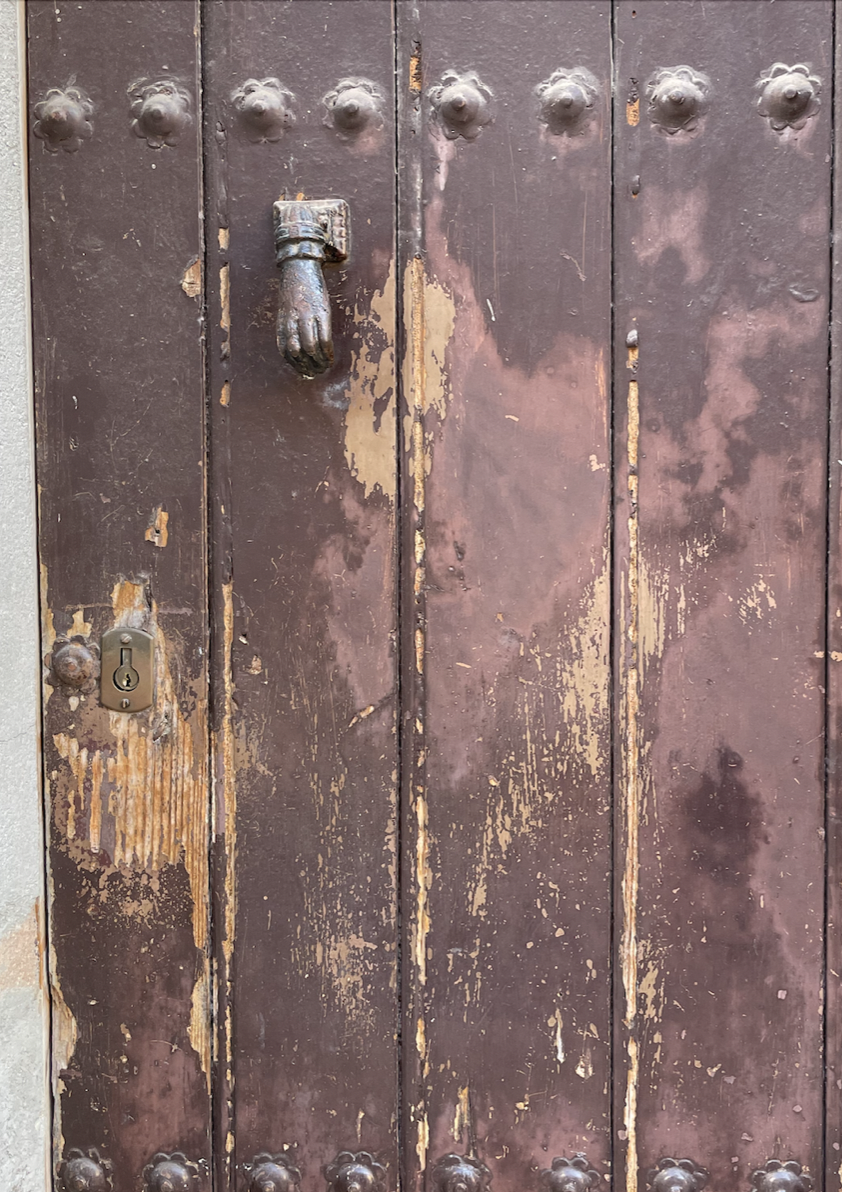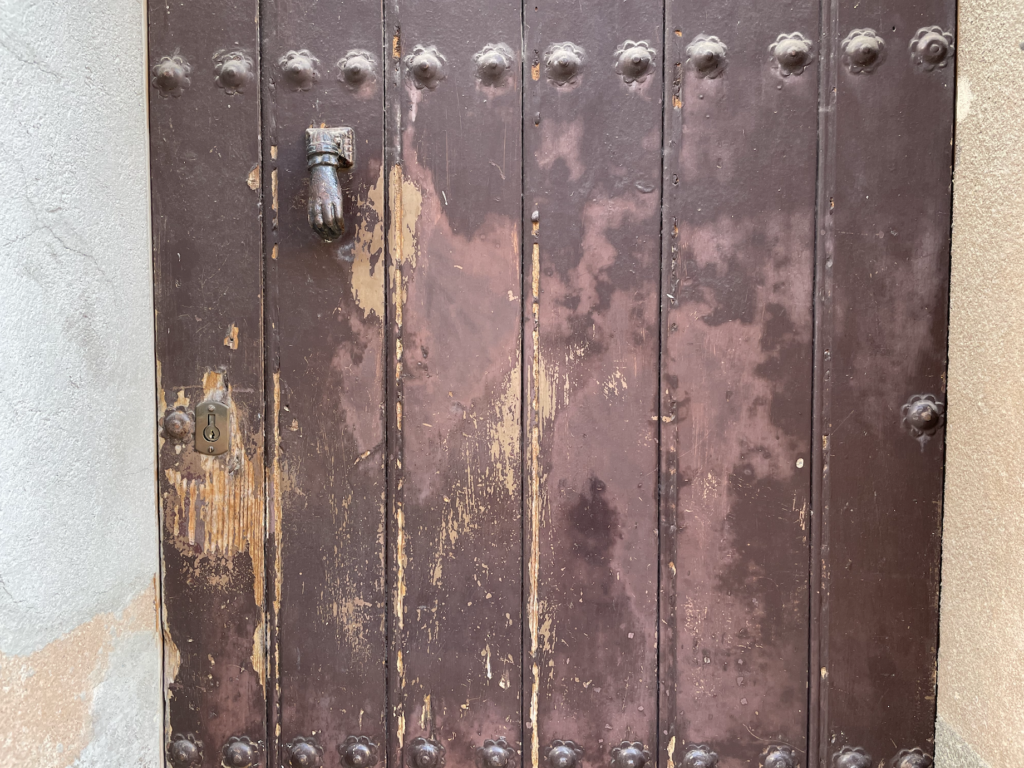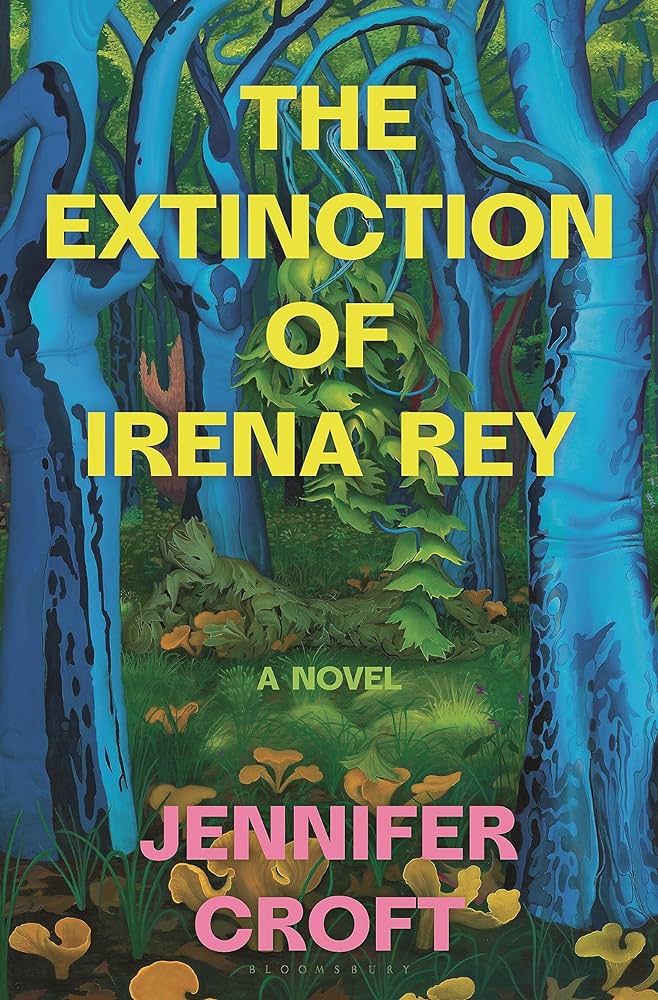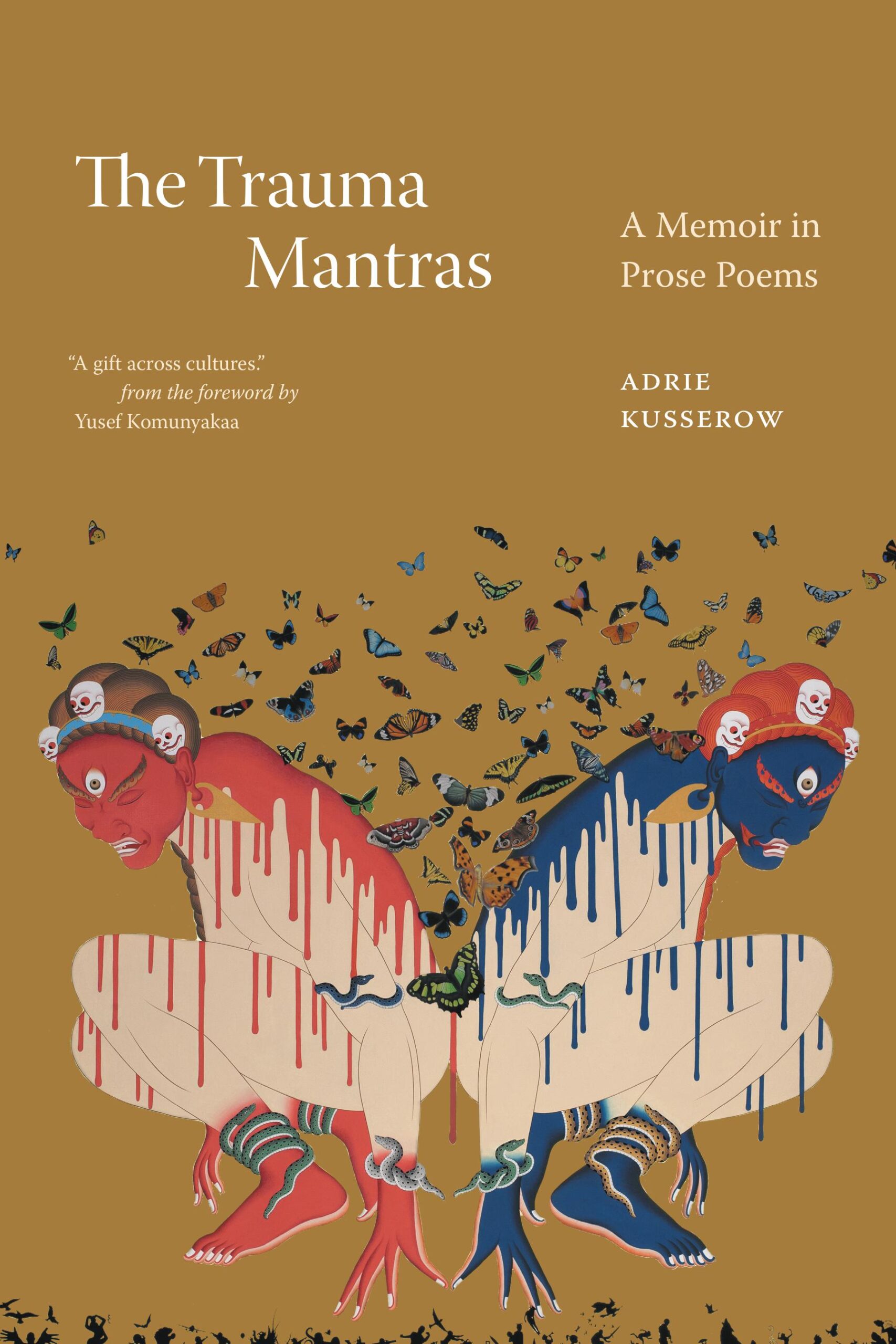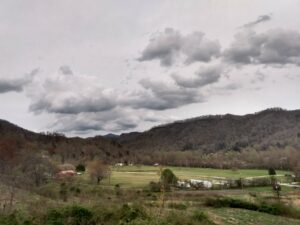
Photo courtesy of author.
Cherokee, NC and Phoenix, AZ
As a child, I watched horror movie after horror movie. An attempt to make myself brave or to make others think I was. And now, I fear I’m manipulative because how much can a person really change. Bones and weight and cartilage can only be altered to certain degrees.
When it comes to film, body horror disturbs me the most. Things that happen to a person’s body without their permission. And sometimes they don’t notice until their bodies are so acted upon that they are grotesque, twisted, so completely othered with pain they are no longer sovereign, but colonized by something outside of themselves.
